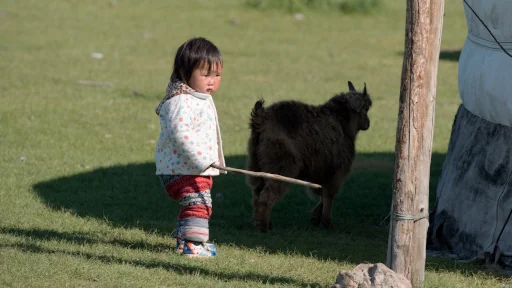Opinion Editorial Archive May, 2022: Twenty Answers

Twenty Questions is a popular game in which the protagonist tries to outwit the antagonist by asking carefully considered questions. Almost always, twenty negative answers later, the antagonist wins. We once thought that we could be the protagonist and ask twenty questions of nature and win. We can't because even though nature has all the answers, we don't ask the right questions, twenty isn't enough questions and many of us think we already know the answers anyway. The late Alan Newell showed us this 49 years ago.
Despite those 49 years we attempted again last month to ask twenty questions of nature. One of them was: Will global warming ever be kept below 2°C? Perhaps we should have asked: Will the BBC editorial team ever understand the difference between 'may' and 'will?' The BBC took a scientific paper published last month with the title 'Realization of Paris Agreement pledges may limit warming just below 2°C' and used it as clickbait with the headline 'Climate change: COP26 promises will hold warming under 2C.' This kind of irresponsible 'journalism' only adds to the problems we face from climate change. It even suggests the BBC has a more accurate answer than nature does.
Another question we asked was: How will Putin's war in Ukraine end? Perhaps we should have asked: Does the tail wag the dog? Putin had best hope that the tail does wag the dog in Russia. No one else is fooled by his strikes on Transnistria in Moldova. Nor is anyone questioning whether he intended a few days ago to assassinate the UN Secretary General. Nature already knows his days in power are numbered; we just don't know how to ask about the number.
Like we do every month, we asked again whether there is intelligent life elsewhere in the Universe. The Beacon in the Galaxy message could soon become our latest attempt to communicate with intelligent extraterrestrials. If they do exist, perhaps we should ask: Would they understand and choose to respond to such a message? This is another question to which nature already has the answer.
Even if this month's photo is the first time you've seen a child barely old enough to walk herding an animal twice her size, you know that she didn't learn how to do it by asking twenty questions. She is simply imitating others from her community. In Mongolia — where I took the photo — a scene like this is common. Yet the photo underscores why we shouldn't ask twenty questions of nature and expect to win.
She lives the oldest of human lifestyles — that of nomads. In fact, in that part of the world, many people are still nomadic. There was never a need for the region's indigenous people to ask nature what lifestyle to live. Nor was there ever a need to ask themselves if they were destroying the environment or to consider acquiring and using weapons of mass destruction. As we gain the ability to colonize other planets, we should already be asking precisely such questions.
One of those questions is: Who should even be allowed to go? I disagree with Elon Musk when he said last month that anyone who can afford the ticket price should be allowed to go. Life on these planets will initially be even more precarious than it is for this child. We already have a good idea of how we will need to live. We also have a good idea of which kinds of people could cause us to die.
If you enjoyed reading this month's opinion editorial, please consider supporting independent, advertising-free journalism by buying us a coffee to help us cover the cost of hosting our web site. Please click on the link or scan the QR code. Thanks!

